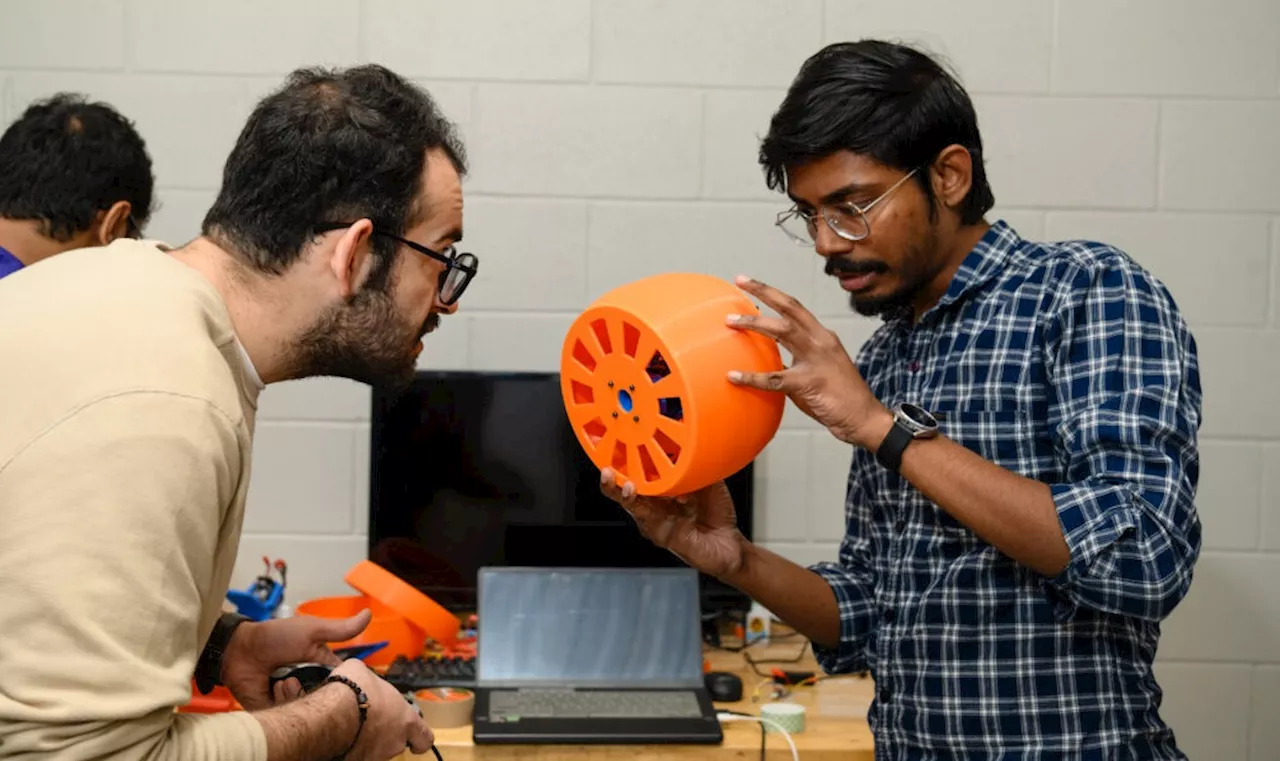A groundbreaking study published on June 16, 2025, in the journal Plant Phenomics reveals a new method for creating synthetic “leaf point clouds” that significantly enhances the precision of plant phenotyping. The research, led by Gianmarco Roggiolani and his team at the University of Bonn, addresses longstanding challenges in accurately estimating leaf traits, which traditionally required extensive manual measurements by experts.
In recent years, the field of 3D plant phenotyping has gained traction, providing deeper insights into crop structure and productivity. However, conventional techniques have struggled with accurately capturing the complexities of leaf geometry. Traditional image-based methods are limited to 2D representations and fail to account for leaf curvature, while existing 3D approaches often lack sufficient labeled data for effective training. This has led to a reliance on rule-based models or synthetic data that do not adequately reflect real-world conditions.
The newly developed generative model offers a scalable and automated solution for producing high-quality, labeled 3D data, ultimately enhancing trait estimation in plants. By utilizing a 3D convolutional neural network, the team trained the model to generate realistic leaf structures from simplified representations of actual leaves. Datasets from sugar beet, maize, and tomato plants served as the foundation for this innovative approach.
To create these synthetic models, the researchers extracted the “skeleton” of each leaf, which includes the petiole and the main and lateral axes that define its shape. These skeletons were then converted into dense point clouds through a Gaussian mixture model. The architecture of the neural network, designed as a 3D U-Net, predicts per-point offsets to reconstruct the full leaf shape while preserving its essential structural traits.
Validation of this methodology involved comparing the synthetic dataset against existing generative approaches and real agricultural data. The researchers employed various metrics, including the Fréchet Inception Distance (FID) and precision-recall F-scores, to assess the performance of their model. The results demonstrated that the generated leaves closely resembled real ones, outperforming datasets produced by agricultural simulation software and diffusion models.
Importantly, when the synthetic data were used to refine existing leaf trait estimation algorithms, such as polynomial fitting and principal component analysis-based models, there was a marked improvement in both accuracy and precision. Tests conducted on the BonnBeetClouds3D and Pheno4D datasets confirmed that models trained with this new synthetic data provided more accurate estimates of real leaf dimensions, with reduced error variance.
The team also showed that their technique could generate a diverse array of leaf shapes based on user-defined traits. This capability allows for robust benchmarking and model development without the high costs associated with manual labeling.
This research represents a significant advancement towards automating 3D plant phenotyping and alleviating the bottleneck caused by the scarcity of labeled data. By facilitating the creation of realistic data grounded in actual plant structures, the method lays the groundwork for building, testing, and enhancing trait estimation algorithms in agriculture. Future efforts aim to expand this approach to accommodate more complex leaf morphologies, such as compound leaves, and to integrate it with plant growth models, simulating phenotypic changes throughout different developmental stages.
The research team envisions the establishment of open-access libraries featuring synthetic yet biologically accurate plant datasets to bolster research in sustainable agriculture and crop improvement amid climate challenges. This study not only highlights the capabilities of AI in advancing agricultural science but also sets the stage for future innovations that can enhance food security globally.
This project received partial funding from the Deutsche Forschungsgemeinschaft (DFG), in line with Germany’s Excellence Strategy, under the program EXC-2070 – 390732324 – PhenoRob.







